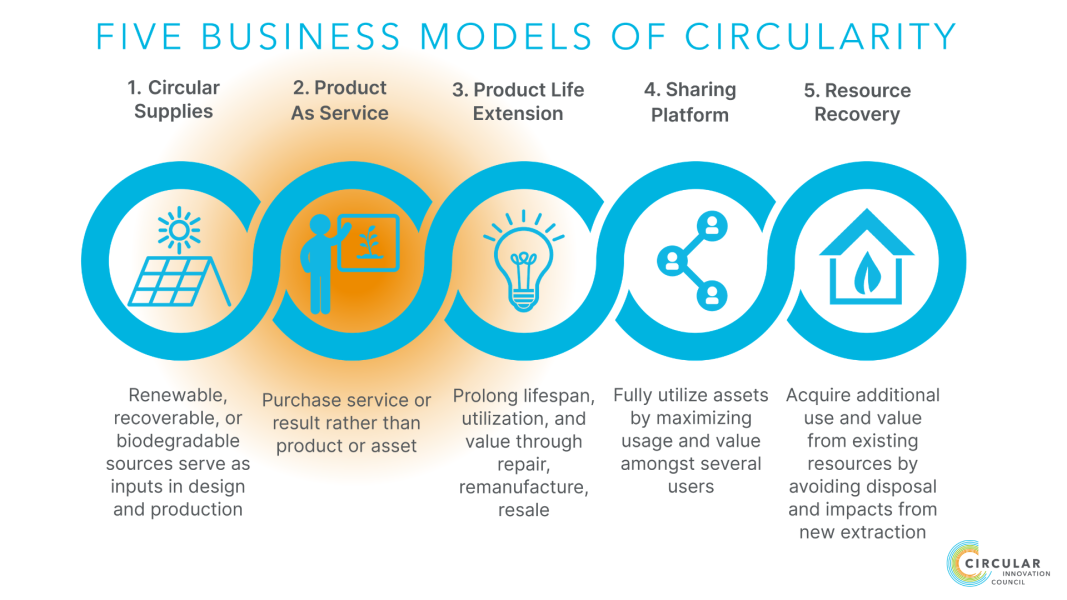
Waste and waste diversion can be impacted by regulations from all three levels of government (federal, provincial and municipal), but waste management in Canada is primarily regulated at the provincial level.
Waste management and recycling regulations in Ontario generally relate to the two areas where wastes are generated, namely the residential and the Industrial, Commercial, and Institutional (IC&I) sectors.
Residential waste management and recycling services are mandated by the provincial government, but are carried out by local municipalities. Each municipality develops its own waste management program which could include: curbside collection, depot drop-off, pay-as-you-throw or any combination of these elements as long as the program is in compliance with the requirements of the Environmental Protection Act.
Members of the IC&I sector are individually responsible for complying with waste related regulations and their compliance is determined by their size. The recent introduction of stewardship and/or extended producer responsibility (EPR) regulations has extended the traditional responsibilities of many IC&I businesses. IC&I businesses that are producers of product and/or packaging are increasingly mandated to take physical and/or financial responsibility for the wastes that their products and/or packaging create.
At the federal level, Environment and Climate Change Canada has regulation in place that mandates which substances and components can and cannot be used in products. It, in partnership with Transport Canada, also has the responsibility of monitoring and dictating how wastes are transported between provincial and national borders. See the sidebar to link directly (via Consolidated Statutes and Regulations) to laws in Canada that significantly affect waste and recycling.
1. Canadian Environmental Protection Act
2. Transportation of Dangerous Goods Act
3. Canadian Environmental Assessment Act
Municipal and/or local governments can also regulate waste management and recycling activities through their by-laws. These by-laws generally impact residential waste and can for example:
As well, some municipalities have now begun using their regulatory powers to compel businesses to be more proactive in reducing waste, as ultimately the municipality has to manage waste throughout the entire community, whether it is collected through the residential stream or from public spaces.
Finally, there are several agencies that are non-regulatory but support and/or affect waste management and recycling by spearheading policy, or by setting standards and benchmarks for the industry (such as product and package labelling for recycling, for example).
We respectfully acknowledge that we live, work and play on the traditional territory of many Indigenous Nations and we humbly extend our respect to Indigenous individuals, communities and Elders, past and present, as the traditional custodians of this land.
Circular Innovation Council is a registered charity.
Charity Registration Number: 119112118 RR 0001